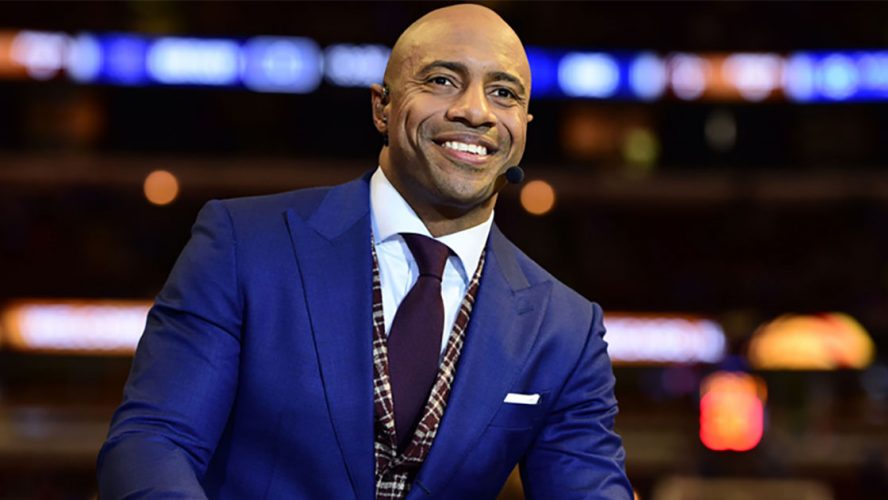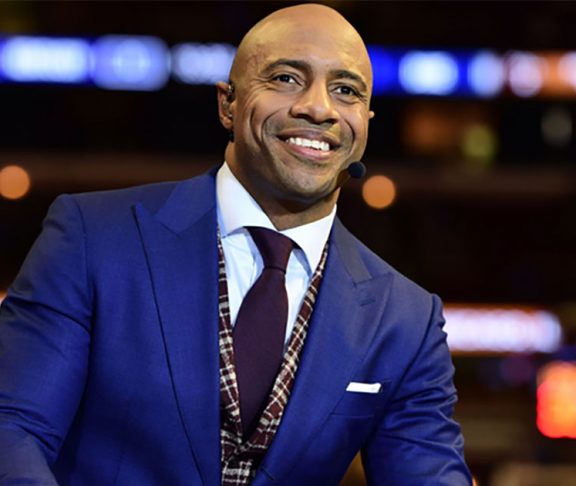In the 2002 NBA draft, the Chicago Bulls, with the second pick overall, chose Jay Williams. In 2003, almost 12 months to the day since the draft, he was in a horrific motorcycle accident that changed his life forever.
Recovering from devastation
At just 21 years old, Williams spent two-and-a-half months in the hospital recovering from his injuries. This included having every ligament torn from his dislocated knee, a dislocated and shattered pelvis, a torn femoral artery causing internal bleeding, and — probably the most excruciating of all his injuries — a torn peroneal nerve that would take two years to regenerate and heal.
During his recovery, Williams struggled with depression. He became addicted to oxycontin and oxycodone for four years. He attempted suicide twice.
Who’s on your board?
A mentor, Charles Grantham, asked one day, “Who the hell is on Jay Williams’ board [of directors]?” This question would propel Williams on a path to recovery and a path of hope.
Grantham’s incisive analogy referred to a public company’s board of directors, in which highly experienced people from different backgrounds assess what’s best for the company and what direction the company should take. Williams realized he needed his own board of directors — a board of directors for himself. He went from asking, “Why me?” to “Why not me?” And that change in perspective was all he needed to set his life back on track.
“This is supposed to be my story,” Williams says. “My legacy is supposed to be way more impactful and have way more substance than I ever would’ve had as a man with a lot of money.” But that doesn’t mean it’s been easy. He continues, “It’s been a struggle at times, but I’ve found out so much about the man I was, the man I am, the man I want to be. And I don’t think I would have found that out if I hadn’t been pushed in the direction I was.”
Finding a purpose
Now, Williams treats mental health like his physical health. He has to work on both of them every day. “I try to wake up every day and find purpose. That purpose is my mother. That purpose is my girlfriend. That purpose is me. To be a better version of what I was yesterday. That makes me appreciative of the moments that I have.”

